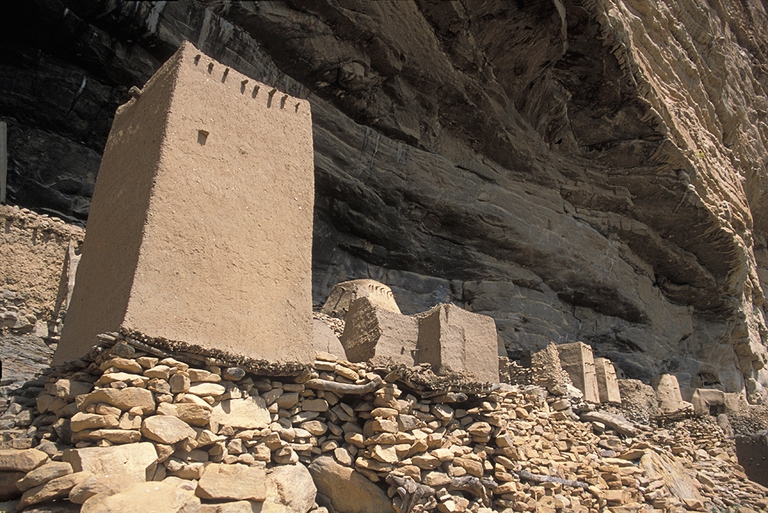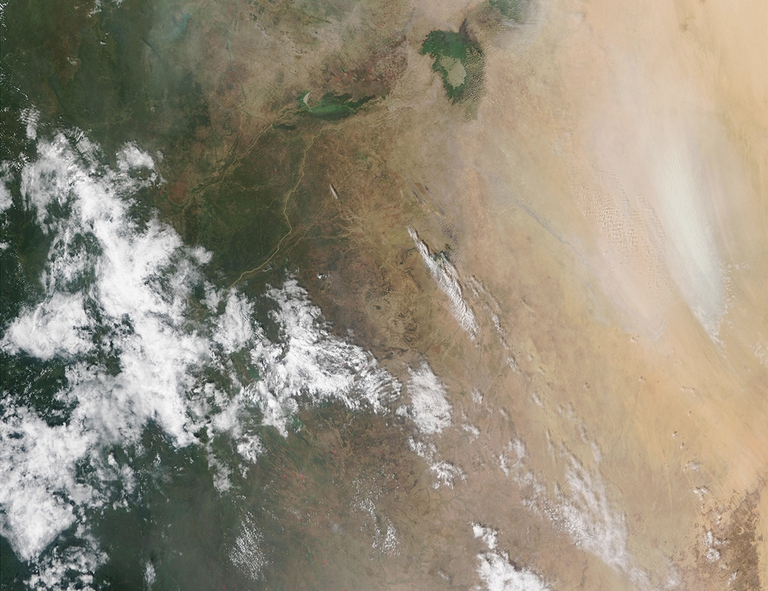
Workers in tea gardens of West Bengal, India, that produces Ctc tea for domestic consumption complain that they have been devoid of basic facilities while political parties make hollow promises during every elections which are never fulfilled.
L’ex ambasciatore italiano in Costa d’Avorio Paolo Sannella ha fatto chiarezza su cosa lega gli attacchi di Parigi all’attentato di Bamako, in Mali. L’apparenza inganna ancora una volta.
Are the Paris attacks and the Bamako attack linked? Mali, located in the region of Sahel, has been a French colony for long, and now many see a link between the two terror episodes, carried out over a week. Paolo Sannella, former Italian Ambassador to Ivory Coast and current President of the Centro Relazioni con l’Africa, gave a different and deeper interpretation, which shows a side of Sahel often unknown.
Is the terror attack at Radisson Hotel in Mali’s capital Bamako to be considered an event linked to the Paris attacks?
The terror attack carried out in Mali has to be analysed considering the country’s situation of conflict, fuelled by rooted ethnical and cultural differences. It is a latent division that resulted in an armed conflict following the Libyan disaster and the consequent migration towards Mali that saw warriors fleeing the war with a great amount of weapons, munitions, and money. A situation that has further fuelled the instability, as accurately pictured by the recent movie Timbuktu. Nevertheless, as for timing, it is credible that the Mali attack has been carried out in advance in the wake of the Paris attacks, but this does not mean that a single mind is managing and coordinating everything.
Which role should the international community play?
Every situation of instability in Sahel (Mali, Nigeria, and Chad) finds its origins in an incomplete or ongoing decolonisation process, which allowed the creation of terror and crime organisations. This means that local, historic, and cultural causes are involved. Today, the challenge of the countries of Sahel and Maghreb is to find inclusive forms of government, able to bring together diversities. Western countries should simply ease the evolution of such inclusion process, without taking any military action how they did so far, overthrowing regimes and tyrannical governments.
Are an increased migration from the African continent and the outburst of terror organisations linked?
There’s no doubt. When the central state breaks apart, local potentates spring up, sustained by human trafficking, illegal drug trade, and arms trafficking, becoming a real danger for the population and the international security.
Besides politics, how does climate change affect Sahel’s instability?
Sahel is the world’s most threatened region. The issue of Lake Chad, for instance, is emblematic and summarises the tragedy linked to climate change. The lake shrunk to one tenth compared to 40 years ago, whilst the population living on its coasts and exploiting its resources is steadily rising. The international community is not taking action on this issue. It should plan how to help local political and economic institutions to support people. This would be useful not only to give hope, but also to sap terrorism. There’s no doubt that poverty and alienation represent a valid motivation to violence increase. Effective aid programmes are also needed to contain the migratory flow driven by misery and climate change. In this sense, Sahel must be a priority for Europe.
What do you think about Pope Francis’ choice of inaugurating the Extraordinary Jubilee in Africa?
Pope Francis is extraordinarily far-sighted. He is brave, and really tackles problems. In order to emphasise the huge issues we’ve just talked about, what is better than inaugurating one of the most important international events of the year there? It is a revolutionary act. The Pope will inaugurate the Holy Year from the cathedral of a country involved in a war, the Central African Republic. He will then visit a mosque. It is a message he wants to send us as for the management of terrorism-related alerts. We can’t react by panicking. We must avoid manipulations diverting our attention on unreal religious conflicts. We must act with selective attention, because these acts are carried out by specific groups, not by the Islamic population, which deserves our total respect instead.
Siamo anche su WhatsApp. Segui il canale ufficiale LifeGate per restare aggiornata, aggiornato sulle ultime notizie e sulle nostre attività.
![]()
Quest'opera è distribuita con Licenza Creative Commons Attribuzione - Non commerciale - Non opere derivate 4.0 Internazionale.
Workers in tea gardens of West Bengal, India, that produces Ctc tea for domestic consumption complain that they have been devoid of basic facilities while political parties make hollow promises during every elections which are never fulfilled.
India is in the middle of the elections, but sadly none of the politicians have uttered a word on man-animal conflict that has been devouring several lives every year.
Manipur, a state in north-east India, is still reeling under the tremors of violence that broke out last year devouring lives and paralyzing the economy.
The government of Tanzania is currently planning to evict more than 80.000 indigenous Maasai people from their ancenstral land
A new UNU-INWEH report on the global bottled water industry reveals the massive scale of this market and the lack of strict quality controls.
Isatou Ceesay founded a social enterprise that is helping to fight plastic pollution and empowering women and young people to gain economic independence.
In 2020, Mihela Hladin made a radical decision that many, in recent times, have probably considered. This is her story, with photos by Matt Audiffret.
The Brazilian government has started evicting illegal gold miners, responsible for the health emergency that has hit the Yanomami people.
Asur culture and tradition in West Bengal are on the brink of extinction due to age-old religious stigma and the apathy of the state government.









